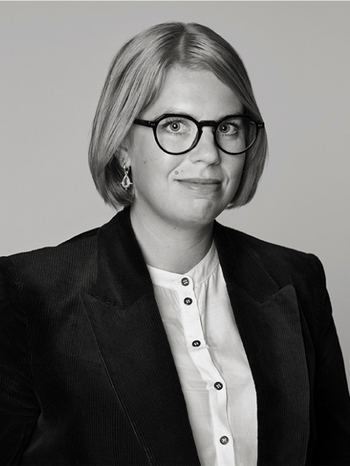Harry Booström
HARRY BOOSTRÖM, oil on panel, dated -55 on verso.
"Nr 8". 60 x 60,5 cm.
Insignificant wear to edges and minor surface dirt.
Provenance
William and Maud Appelquist, Gotland, Sweden.
Galerie Bel'Art, Stockholm.
Private collection, Stockholm.
Literature
Bukowskis, "Harry Booström - En konkret avantgardist", 2018, illustrated p. 24
Artist
The artist Harry Booström (1917-1996) is often proclaimed to have been a dreamer and concretist. His artistic studies were conducted at Edward Berggren's and Isaac Grünewald's painting schools from 1941 to 1945. Booström was a contemporary of the "1947 års män" group and, like them, was inspired by the early concrete tradition.
After his studies Booström travelled to Denmark, where he resided for a period, yet still made time to travel to Holland and France. In 1948 Booström moved to Stockholm but spent the summer months on the island of Gotland, where he had spent his youth. The nature there was of great inspiration Transitioning from abstract style in the 1950s, he moved towards a purely non-representational, concrete art with geometric basic forms. In the interplay between form and color, warm and cold tones, he achieved both dynamism and movement in his compositions.
Harry Booström had his debut in 1948 at Samlaren where throught his years he took part in several highly important exhibitions such as a Høstudstillingen / Den Frie Udstilling, Copenhagen, Espace, Stockholm, Réalités Nouvelles, Paris, and Stockholmskonkretisterna, Halmstad. Booström was also an active member in the international Groupe Espace, which advocated for expanded collaboration between artists and architects. Together with the architect Bertil Ahlqvist, Booström decided upon the colour of row houses in Visby.



































